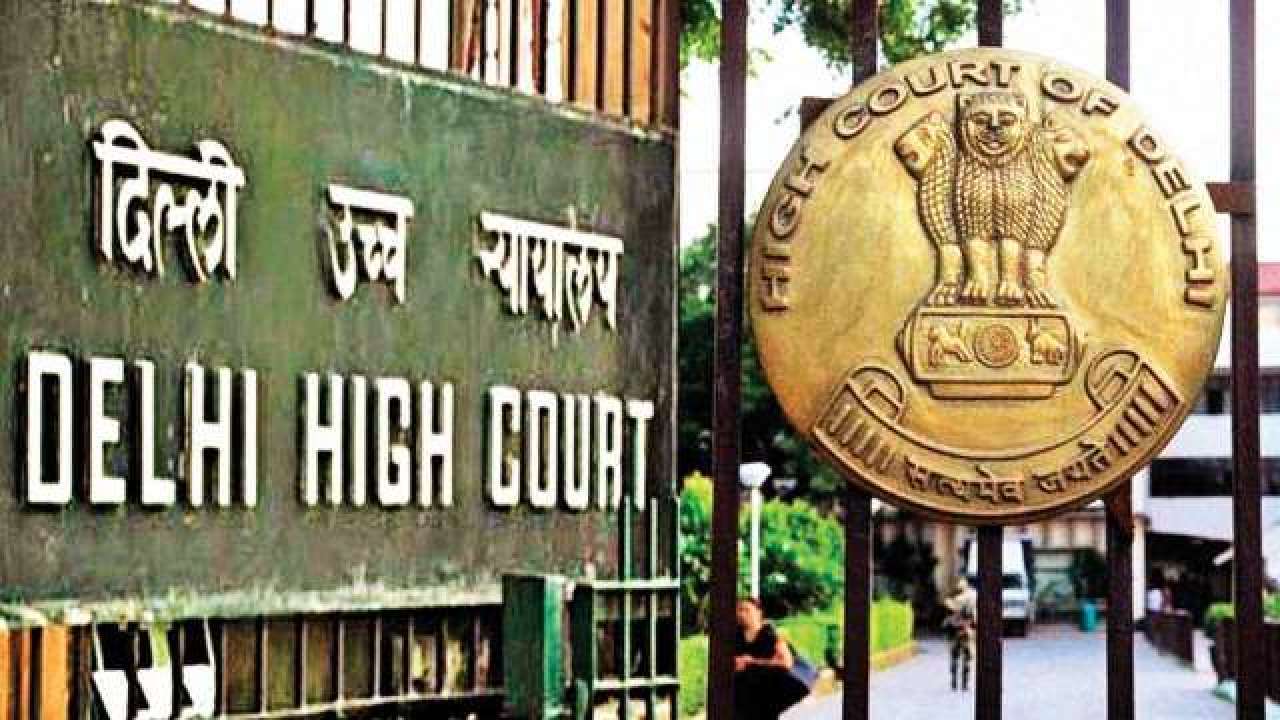Notes : A Woman files a #Rape complaint which was converted to FIR No. 381/2020 dated 10.08.2020, at Police Station – Kapashera, New Delhi. and accused booked under ipc376 etc. She appears in person at Delhi High court on December 4th 2020 and claims that was a FALSE complaint Filed after an altercation !!! Just as simple as that !!! Court accepts her unconditional apology and quashes case as it is COMPROMISED between parties !! Pertinent to note that the accused is a MBA and is trying to join Indian civil services !!!
Delhi High Court
Lalit Kumar Vats vs State Of Nct Of Delhi & Anr. on 4 December, 2020
IN THE HIGH COURT OF DELHI AT NEW DELHI
Date of decision :04.12.2020
CRL.M.C. 2384/2020
LALIT KUMAR VATS ….. Petitioner
Through : Mr. Roshan Santhalia and Mr. Sholab Arora, Advs.
VERSUS
STATE OF NCT OF DELHI & ANR. ….. Respondents
Through Mr. Izhar Ahmad, APP for State
W/SI Chandra Kanta, PS Kapashera Prosecutrix in person
CORAM:
HON’BLE MR. JUSTICE SURESH KUMAR KAIT
J U D G M E N T (ORAL)

Crl. M.A. 16804/2020 (Exemption)
- Allowed, subject to all just exceptions.
- Application is disposed of.
- Vide the present petition, petitioner seeks direction thereby for quashing of FIR No. 381/2020 dated 10.08.2020, for the offence punishable under Sections 376 IPC registered at Police Station – Kapashera, New Delhi and all other proceedings arising therefrom.
- Notice issued.
- Notice is accepted by learned APP for State and by the respondent no.2 and with the consent of counsel for parties, the present petition is taken up for final disposal.
- The present petition is filed on the ground that matter has been compromised between petitioner and the prosecutrix.
- The Prosecutrix is personally present in Court and has been identified by W/SI Chandra Kanta/IO of the case. She states that FIR was lodged out of anger reason being she and petitioner had an altercation on 09.08.2020. To this effect, she has not only filed affidavit but she also sought apology from this Court.
- Since prosecutrix has made wrong statement which culminated into the present FIR, therefore, she is liable to be prosecuted under the law, however, she seeks unconditional apology and submits that she is a married woman having two children and her matrimonial life will be destroyed if the present case is sent for trial.
- Her unconditional apology is accepted.
- As per the directions of the Hon’ble Supreme Court in Parbat Bhai Aahir and Ors. vs. State of Gujrat & Ors. (AIR 2017 SC 4843), the FIR should not be quashed in case of rape as it is an heinous offence, but when the respondent No.2/complainant/prosecutrix herself takes the initiative and file affidavits before this Court, stating that she made the complaint due to some misunderstanding and now wants to give quietus to the misunderstanding which arose between the petitioner and respondent no.2, in my considered opinion, in such cases, there will be no purpose in continuing with the trial. Ultimately, if such direction is issued, the result will be of acquittal in favour of the accused, but substantial public time shall be wasted.
- This Court is conscious about the dictum of the Supreme Court in terms of seriousness of the case, however, keeping in view the settlement arrived between the parties, this Court is inclined to quash the present FIR as no useful purpose would be served in prosecuting the petitioner any further. Moreover, petitioner is a well-educated person. He holds various educational degrees including MBA and CS-Executive, as evidenced by the documents annexed hereto as Annexure P-6 . The Petitioner is currently preparing for CS-Professional and UPSC examinations. Continuation of the proceedings will affect his prospects in clearing examinations.
- For the reasons afore-recorded, quashing of FIR No. 381/2020 dated 10.08.2020, registered at Police Station – Kapashera, New Delhi and all other proceedings arising therefrom are quashed.
- The petition is, accordingly, allowed and disposed of.
- The order be uploaded on the website forthwith.
SURESH KUMAR KAIT, J DECEMBER 04, 2020
ms


